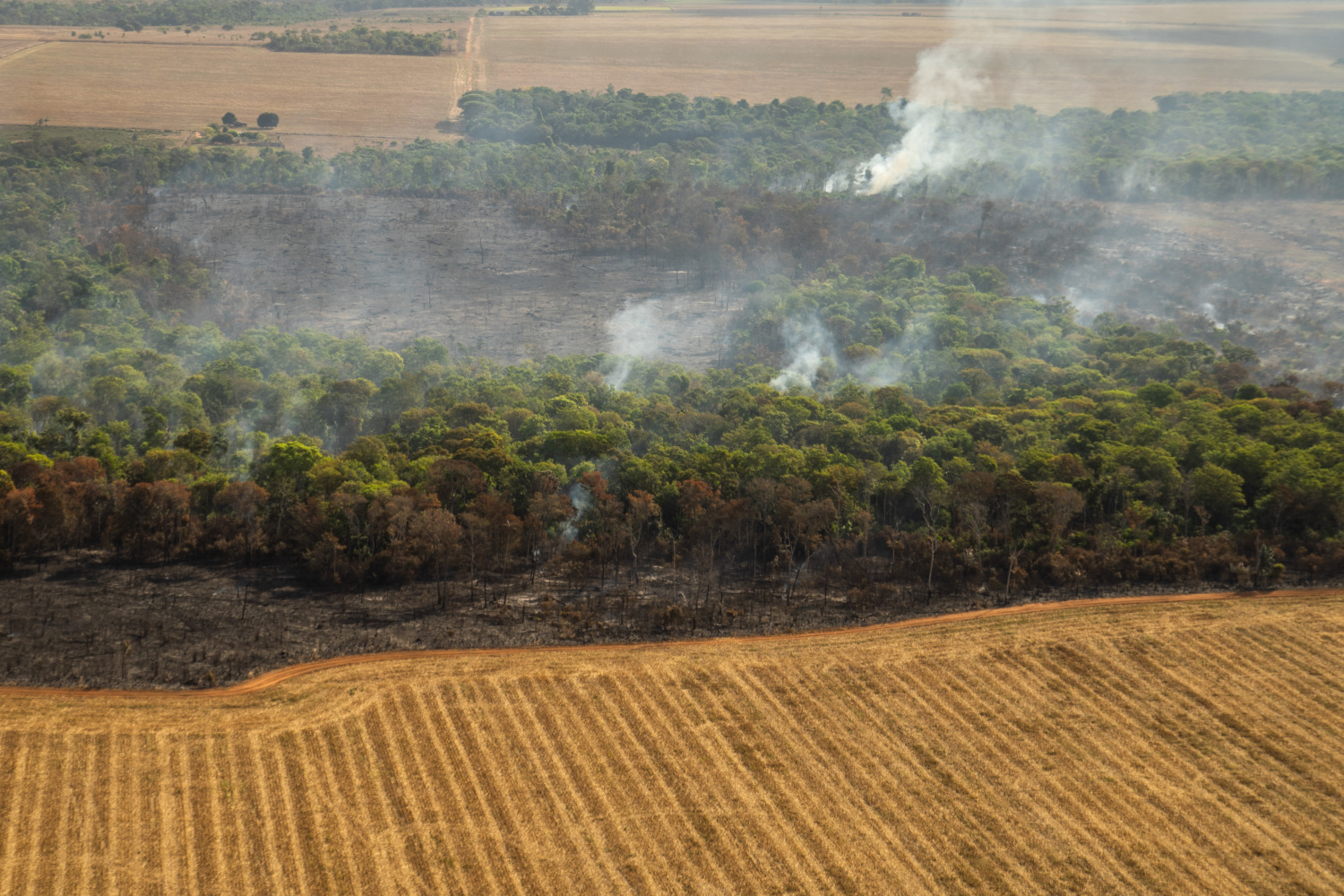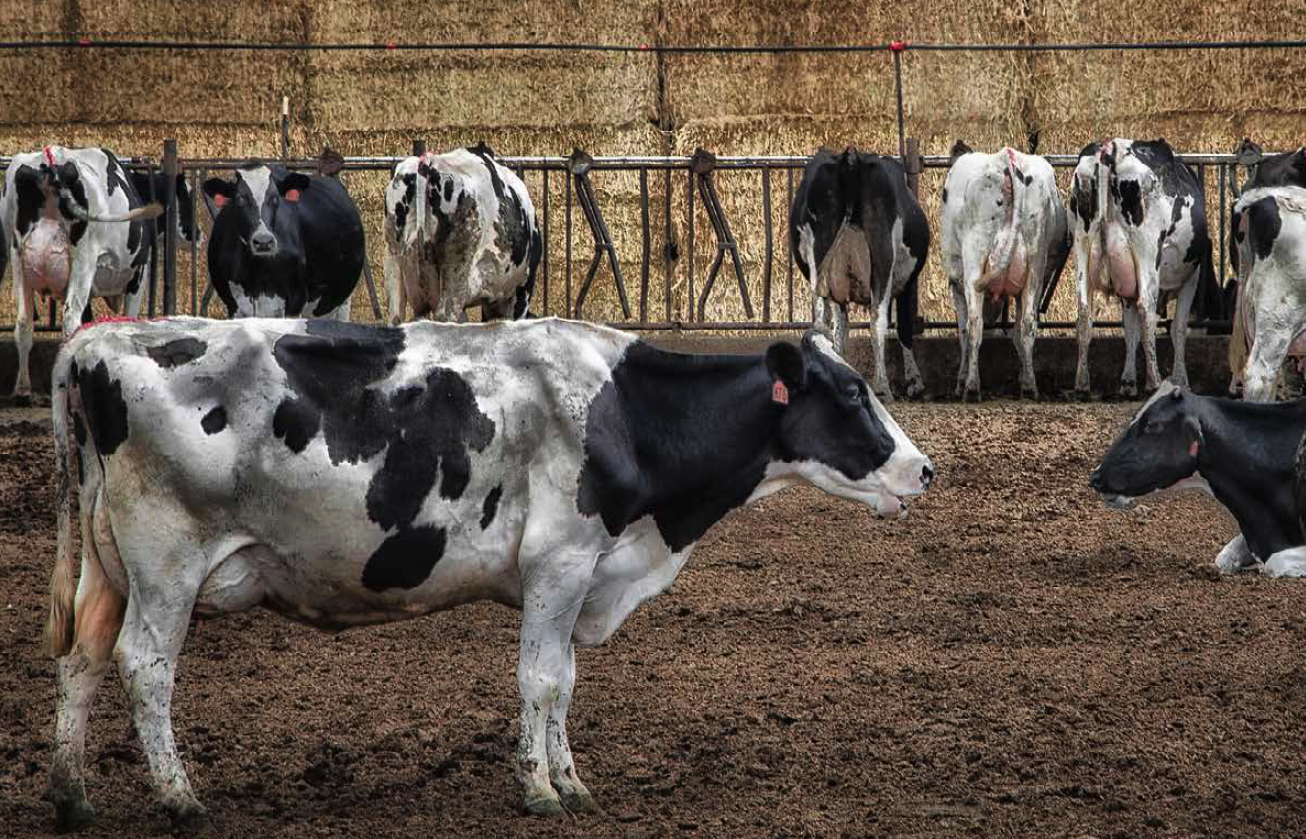Astra Clearing Forest NOW in Rarest Orangutan Habitat
[embedyt] https://www.youtube.com/watch?v=wAovvw2QdwI[/embedyt]Astra Clearing Forest NOW in Rare Orangutan Habitat
New Satellite Imagery Shows October 2021 Forest Destruction
BATANG TORU, NORTH SUMATRA, 9 NOVEMBER 2021 – New satellite imagery caught Indonesian mining, financial services, auto and agribusiness giant Astra International destroying the home forests of the rarest great ape in the world – as recently as last week. The investigation shows operations at Astra’s Martabe gold mine eating away at the habitat of the critically endangered Tapanuli Orangutan between October 9 and 29, 2021.[1]
“Since February, Astra has been in talks over a plan to gauge the impact of the neighboring Martabe mine on Tapanuli Orangutan habitat,” said Annisa Rahmawati, Environmental Advocate at Mighty Earth. “But while talks have dragged on for months, this new evidence shows deforestation continuing all along.”
The Tapanuli orangutan (Pongo tapanuliensis) was identified in just 2017, the first time since the 1920s that a new species of great ape had been found. Indonesia is the only country outside of the Democratic Republic of the Congo that can boast of being home to three species of Great Ape. Fewer than 800 Tapanuli orangutans exist in the world, less than any other great ape species.
“The Batang Toru ecosystem landscape is our last frontier forest in North Sumatra. The government should evaluate all permits on this landscape and take a firm action against companies that threaten the sustainability of this critical landscape,” said Roy Lumbangaol, a campaign manager at WALHI North Sumatra.
Astra International is also a major player in the palm oil sector, with a special policy on deforestation. Its managed palm plantation operations and trading operations (under the company name Astra Agro Lestari) operate under a No Deforestation policy.
“Astra has not extended its palm oil sustainability policy to operations like the Martabe mine,” said Annisa . “That’s even though many of their consumer-product customers like Hershey’s and Unilever have cross-commodity-deforestation commitments on record. In essence, this recklessness around Martabe puts their entire agribusiness operation at risk.”
Scientists estimate that the Tapanuli orangutan population has almost halved since 1985, and it will continue to decline unless comprehensive protection measures are implemented. Conservation biologists have projected that if the adult population decreases by more than 1% of
each year, the genetic diversity of the primate will decline to the point that it will go extinct That’s why scientists with the International Union for the Conservation of Nature have called for a moratorium [2] on the development of projects impacting the Tapanuli orangutan’s habitat.
The Batang Toru Ecosystem is also home to the critically endangered Sumatran tiger, pangolin and helmeted hornbill. Sun bears, tapir, serow and a host of other rare endangered species, including more than 300 bird species, also rely on this habitat.
References:
1 https://www.planet.com/stories/astra-jardine-martabe-gold-mine-expansion_vers3-pzV7oNKng
2 https://www.iucn.org/news/secretariat/201904/iucn-calls-a-moratorium-projects-impacting-critically- endangered-tapanuli-orangutan
# # # For further information,please contact:
Indonesian Campaign Advocacy, Mighty Earth
Annisa Rahmawati
08111097527 [email protected]
PR Consultant, Image Dynamics
Ayunda Putri
08122001411 [email protected]

